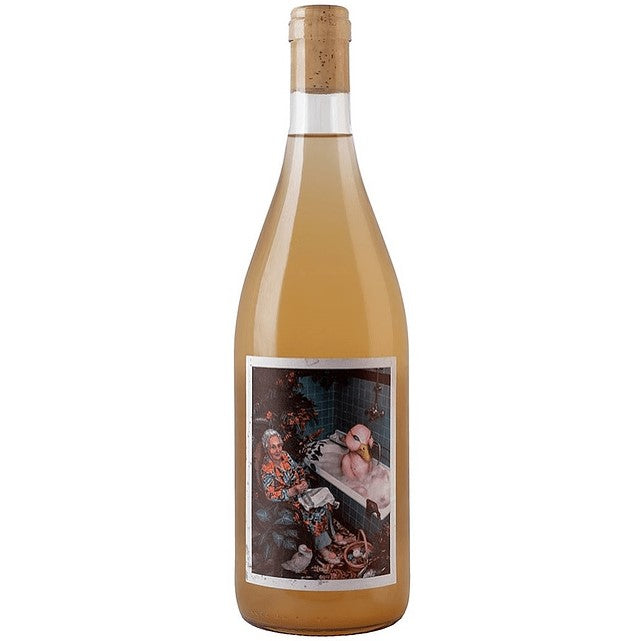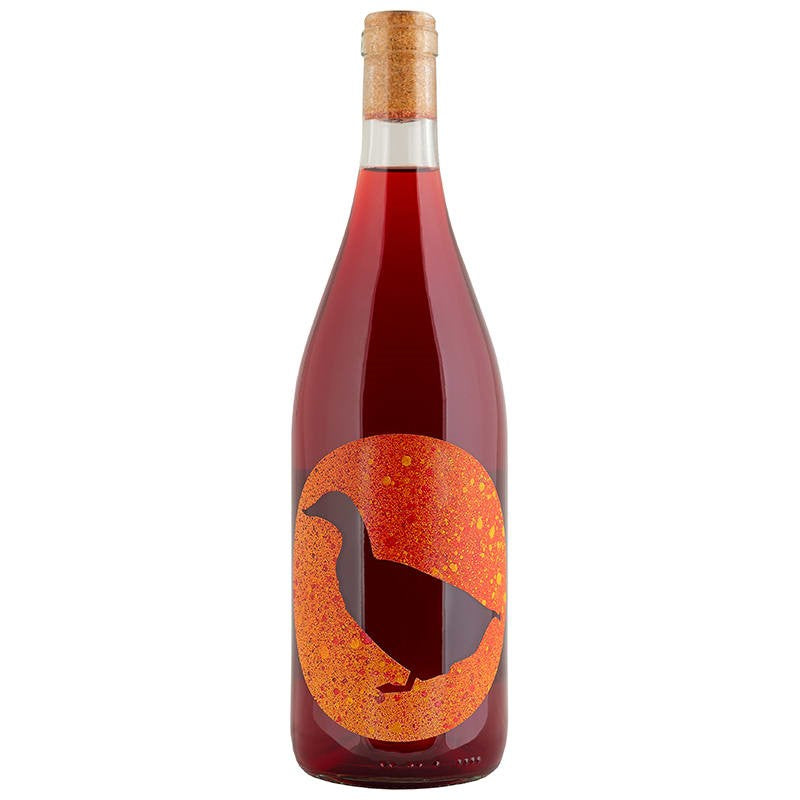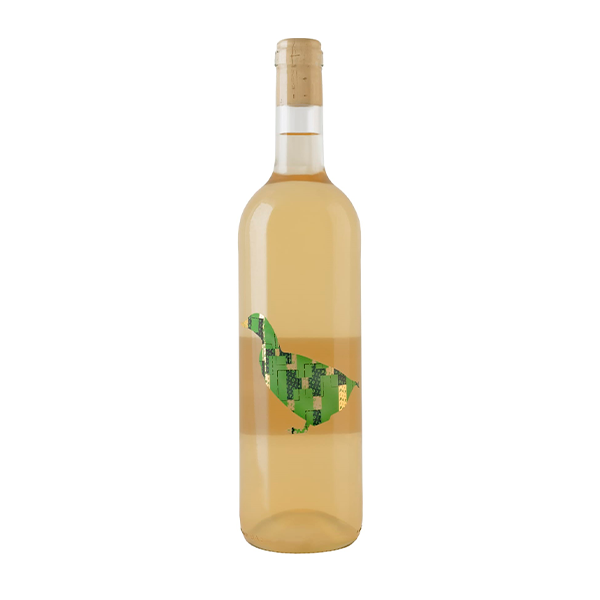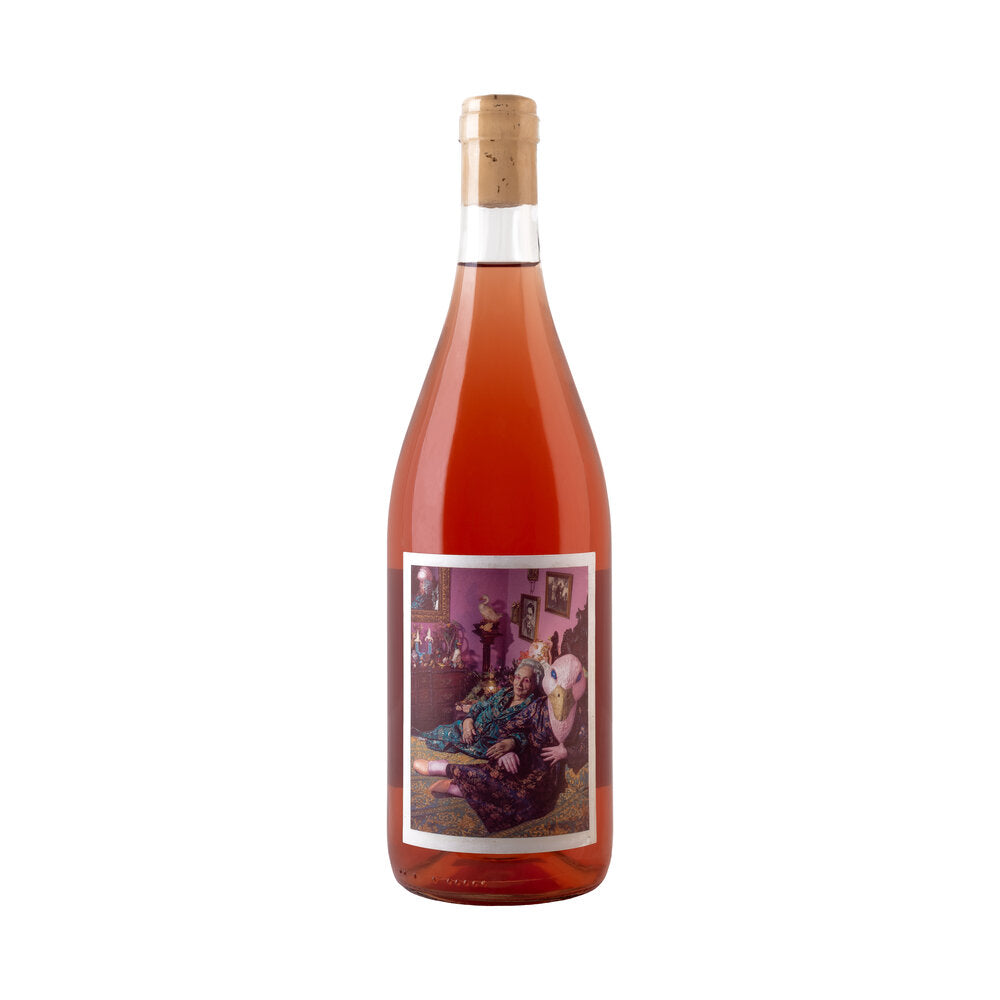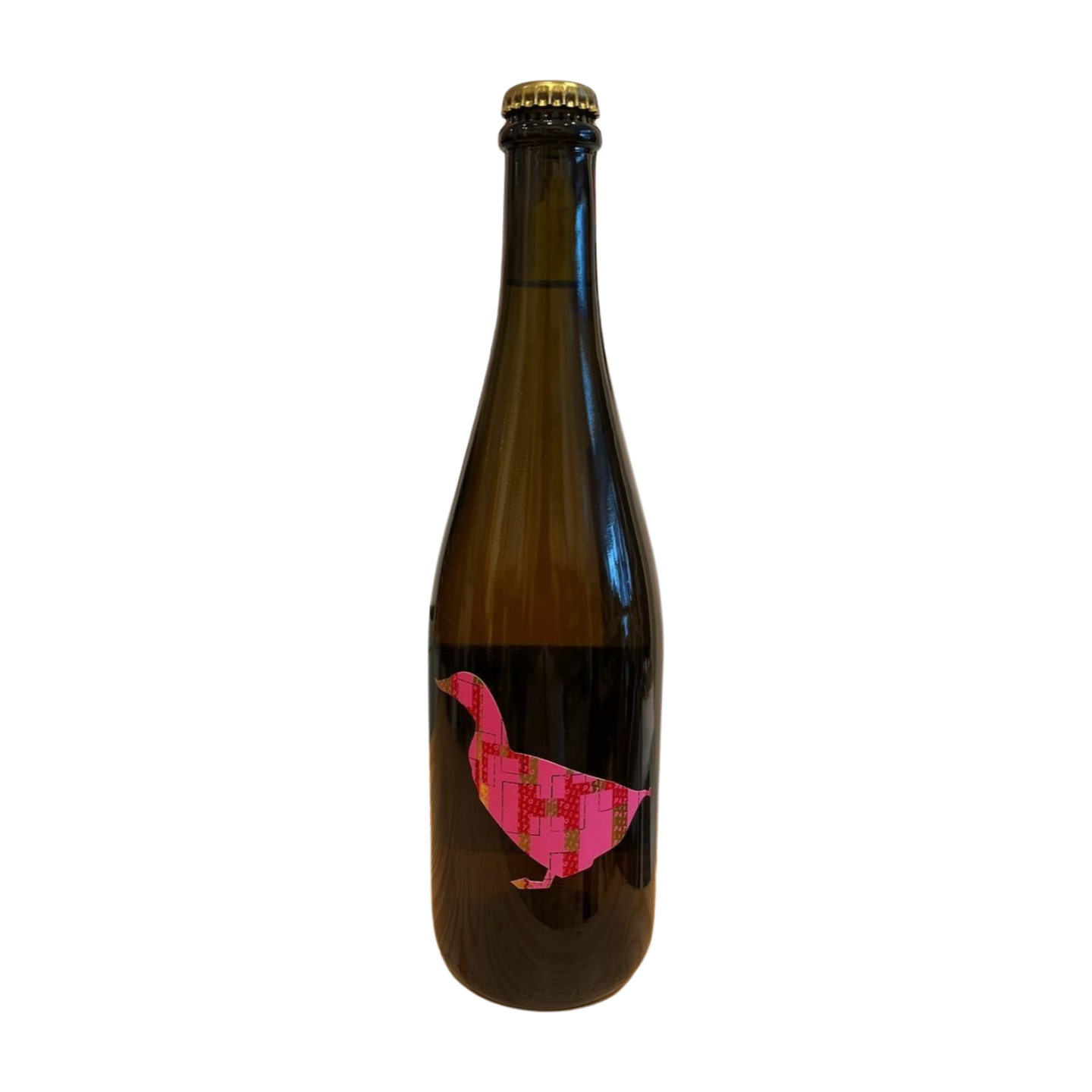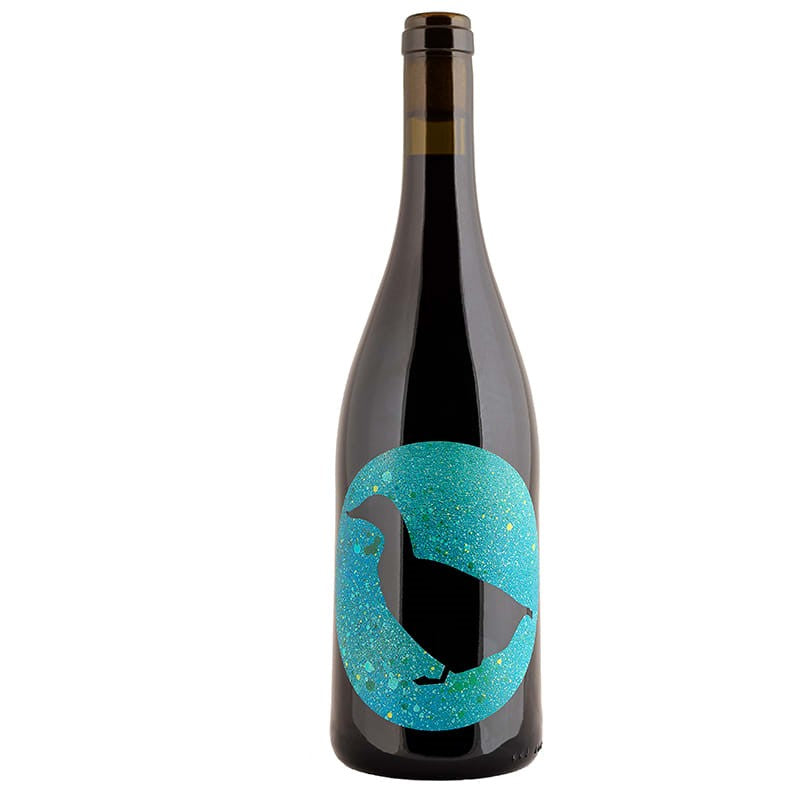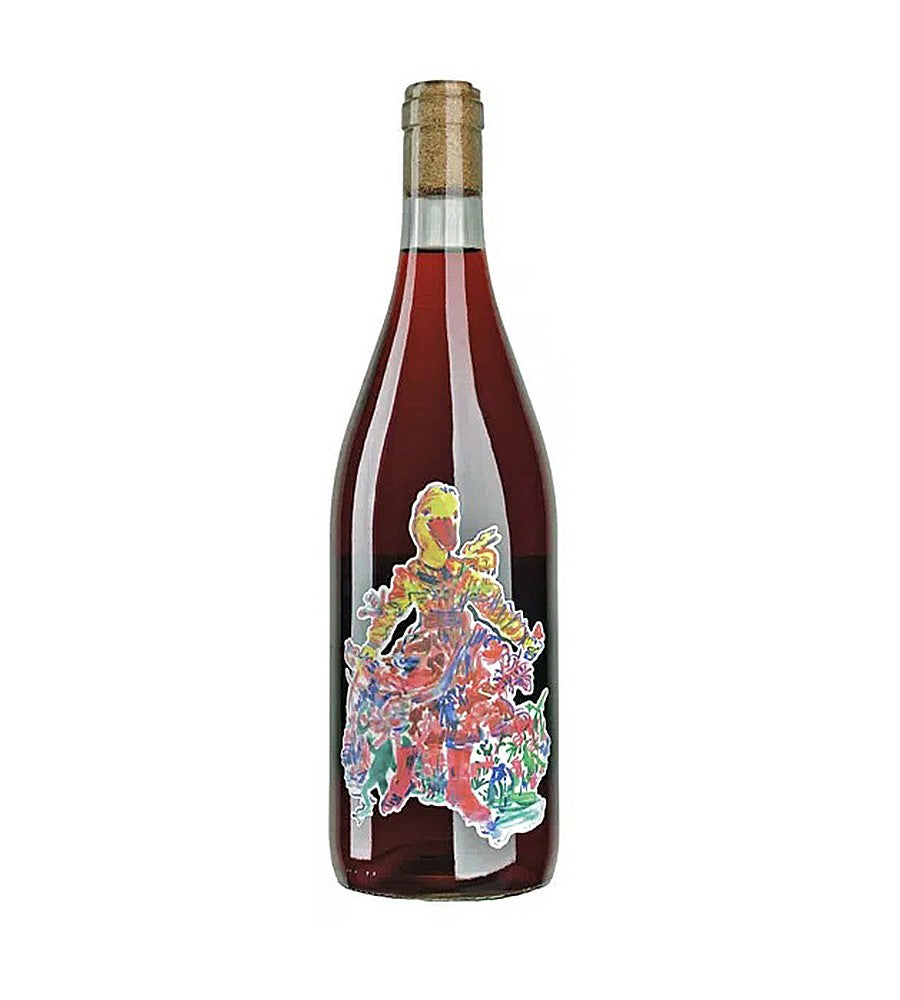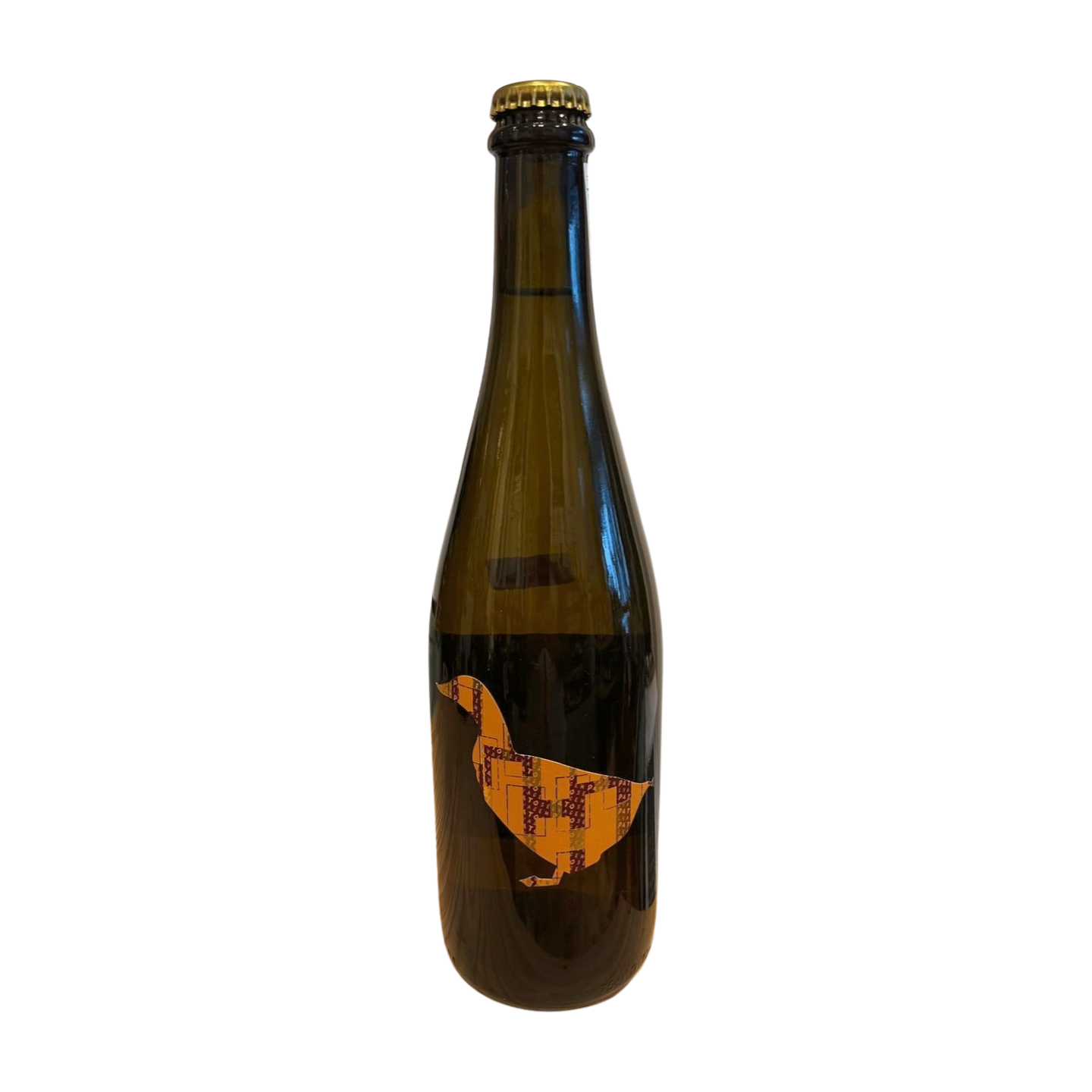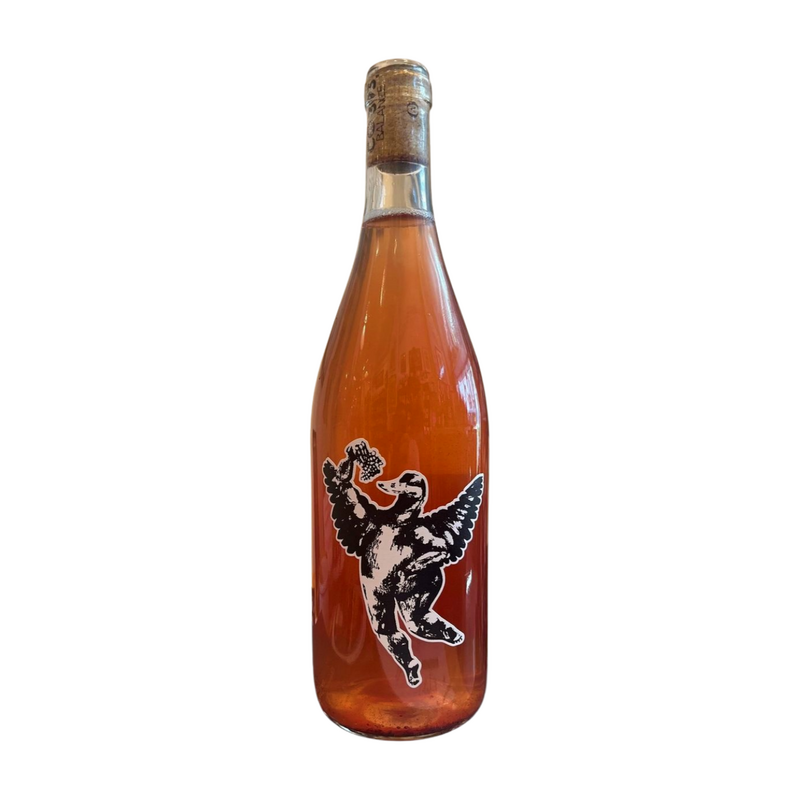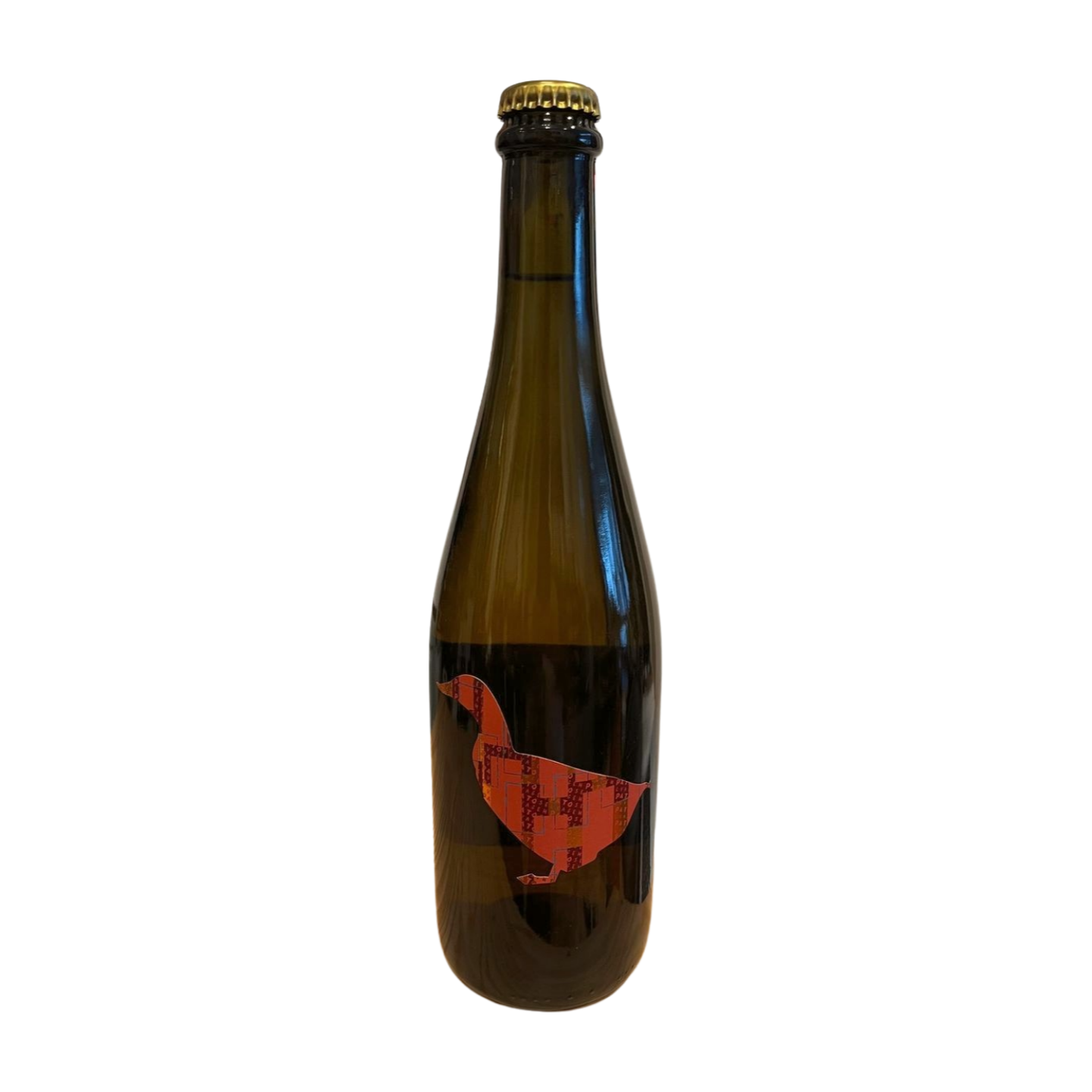João Pato AKA Duckman
João Pato, operating under the playful alias "Duckman," is a wine production company based in the Bairrada region of Portugal, a territory renowned for its profound winemaking legacy. This enterprise is the brainchild of Maria Pato, the second daughter of the established winemaker Luís Pato, making her part of the esteemed Pato family lineage in Portuguese wine. Maria adopted the "Duckman" persona and its associated whimsical, often surreal, and eye-catching, duck-themed labels as a form of playful rebellion against traditional norms, while simultaneously ensuring the wines remain intrinsically true to Bairrada's essence. This approach allows Maria to carve her unique path within her family's renowned legacy, creating a brand as distinctive as the wines it represents.
The viticulture underpinning João Pato's wines is focused on indigenous Bairrada grape varietals. The vineyards are located in a coastal haven roughly two hours north of Lisbon, where the unique terroir is defined by limestone and sandy soils. This specific geographical and geological context, combined with the region's distinct maritime influence, directly shapes the character of the grapes. The producer's commitment to sustainable practices is inherent in Maria's dedication to natural winemaking processes. This philosophy minimizes intervention both in the vineyard and the cellar, ensuring that the wines are authentic expressions of their place of origin.
The true magic of João Pato wines resides in their dedication to natural winemaking. Maria meticulously crafts the wines utilizing Indigenous Bairrada grape varietals, showcasing the region's distinct maritime influence. The natural processes employed in the winery, including minimal intervention, translate into expressive wines deeply reflective of their terroir. This dedication to natural winemaking and the Bairrada region's inherent characteristics defines the wines produced by João Pato (Duckman), offering an exploration of Bairrada that is both innovative and profoundly respectful of its heritage.
Filters
Portuguese wine
Frequently asked questions
The entire country of Portugal is divided into 14 different wine regions, including in the Azores and Madeira islands. Some of Portugal's most famous winemaking regions include the Douro Valley (known for Port) and Vinho Verde (known for its light, refreshing white wines).
Portugal is becoming more well known for its orange wines, talha wines (traditionally made in clay pots), and palhete (made by blending red and white grapes together).
Portugal is best known for its fortified wine, called Port wine. It is produced in the Douro Valley, which is a UNESCO World Heritage Site and recognized as the world's first demarcated wine region, established in 1756.
Vinho Verde in northern Portugal is another popular winemaking region characterized by rolling hills and lush landscapes. It's known around the world for low-alcohol, refreshing white wines, although the region traditionally focused more on red wines made with the fruit-forward vinhão grape.
The Portuguese island of Madeira, with its subtropical climate, is renowned for its fortified wines. Winemaking here dates back to the 15th century, when Portuguese
explorers brought grape varieties from around the world.
Our sustainable, natural wine shop is located in the Marquês neighborhood in Porto, Portugal. We also ship to countries around the world, including within Europe, the United States, Canada, Australia, China, and more. Review our Shipping Policy to learn more.
In recent years, there has been a notable shift toward sustainable viticulture and the production of natural wine in Portugal. Many winemakers are implementing organic farming practices and embracing biodiversity to maintain soil health and reduce chemical inputs. This commitment to sustainability is not only beneficial for the environment but also enhances the quality of the wines, allowing the unique characteristics of the terroir to shine through. For example, some winemakers are now utilizing ancient terracotta amphorae for fermentation (called talha in Portuguese). This method preserves regional cultural heritage, enhances the wine's character, and aligns with sustainable practices by reducing reliance on modern materials.

